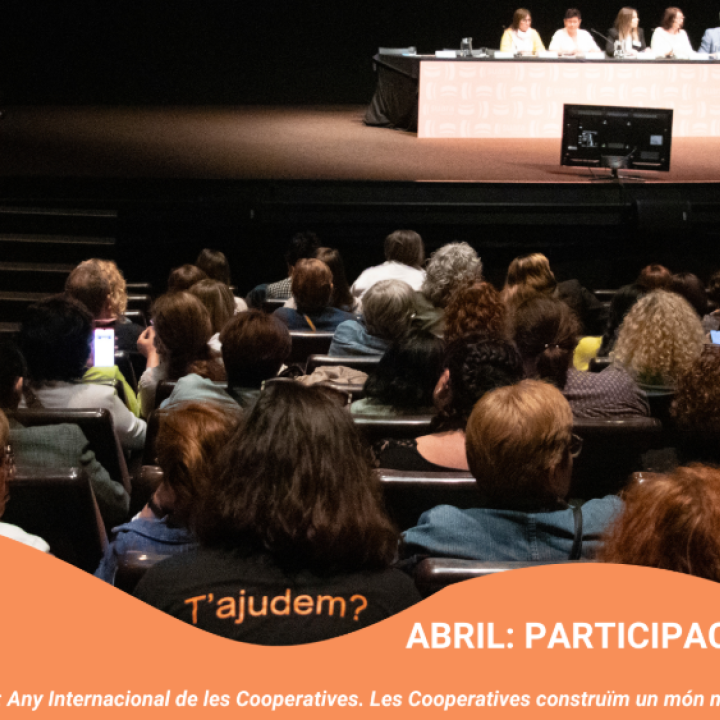Cyberbullying is increasingly present in Catalan schools and institutes. Close to 42% of the young population of Catalonia has suffered a case of cyberbullying during their childhood, according to a study recently published by Save the Children.
Viral violence affects more girls (43.6%) than boys (39.4%), according to this same report, which also highlights that in 64% of cases the aggressor is from the same school as the victim
For this reason, Suara Cooperativa and V-Tools have launched a pilot test to work on the detection and prevention of cyberbullying through virtual reality glasses. In these, different contents are projected that place the viewer in the shoes of the victim. After the visualization, the Suara Cooperativa professionals work with the people in the group on what they have visualized through reflection and debate activities, among others.
This pilot test is currently in a very early stage. Coinciding that May 2 is the International Day Against Bullying, this month virtual reality glasses have been sent to different workers who manage resources for the population in the vital stage of childhood and adolescence. These will be able to explore and learn about this technology through a platform where they can find virtual reality experiences focused on combating cyberbullying, as well as different activities to carry out.
One of the first people who will be able to taste the pilot test is Olga Chamorro, director of Educational Reinforcements of Suara Cooperativa. In his case, he has already had a first contact with a similar virtual reality project, also with the technology of V-Tools, which seeks to prevent, detect and combat sexist violence among adolescents.
In this context, Chamorro highlights the advantages of working with this technology on the violence that affects the adolescent population. "It's a very useful tool to create the context, quickly locate the content you want to work on and create the atmosphere, and this is very important in any communicative situation", explains the Suara Cooperativa employee.
Once the contents have been viewed, Chamorro assures, it is essential to carry out this second part where the adolescent is accompanied to reflect on them, since this is when "he recognizes what he has seen, feels challenged, positions himself, elaborates his own speech and decide what to think and what to do from now on. Time is needed here, as always in education".
In the case of the experience of sexist violence, Chamorro affirms that it was a very enriching experience, since, in their case, it empowered them and in their case it awakened their fear that one day they might act This way.
The Suara Cooperativa professional also points out that one of the strong points is that virtual reality is a very new technology, so many of the people in the group had never experienced it and therefore it motivated and surprised them a lot. "We must take advantage of the tool now, later we will have to help them be free with other tools", concludes Chamorro.
Suara Cooperativa has innovation as one of its pillars of action and through its innovation laboratory, the Social Digital Lab, explores different technologies to combat the social challenges of the current era. In the case of the adolescent population, the organization has made it one of its main objectives to prevent, detect and deal with violence. It is in this context that, after the good results detected with the virtual reality experience to end the cycle of sexist violence, it has now decided to launch this pilot test to combat cyberbullying.


